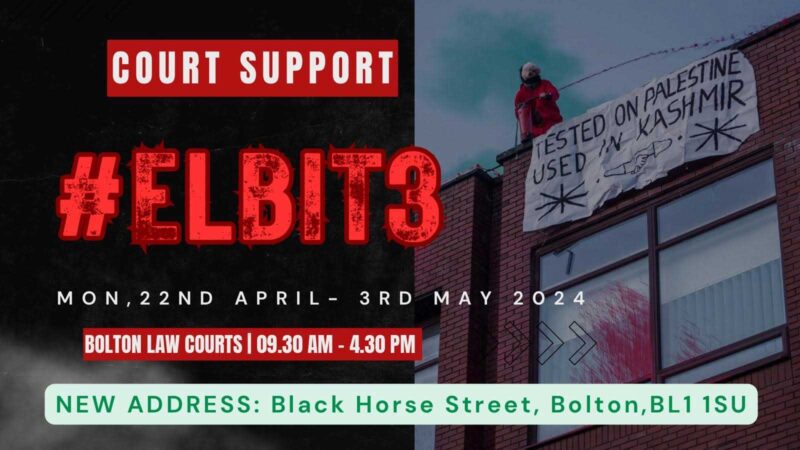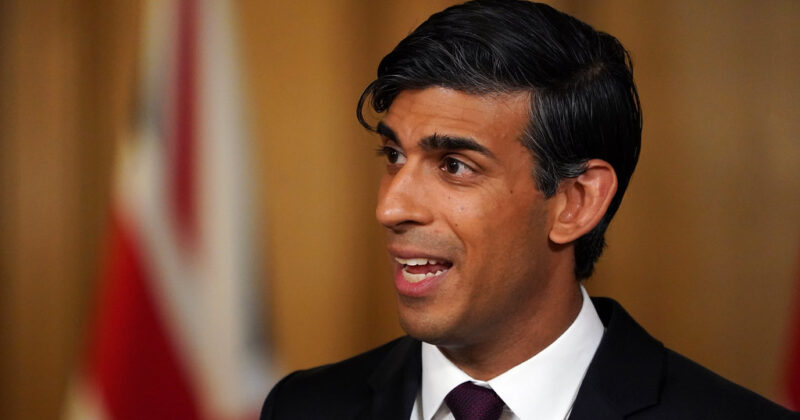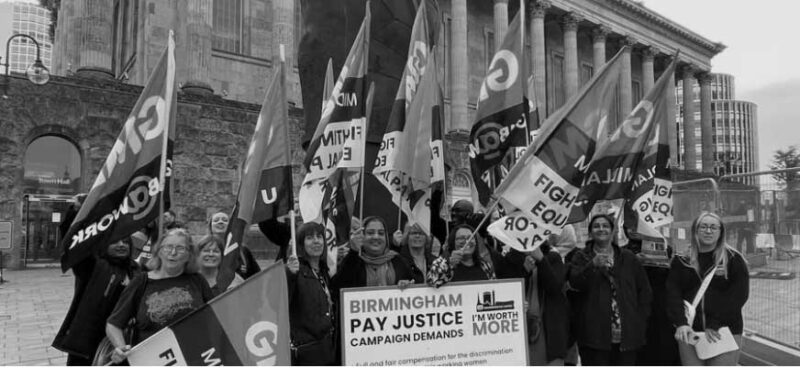Can the unions beat the cuts?
 We need mass strikes to beat the cuts, argues Jeremy Dewar. So how can we get them?
We need mass strikes to beat the cuts, argues Jeremy Dewar. So how can we get them?
The global capitalist crisis has thrown a spotlight on the world’s trade unions. Because the bosses and bankers are demanding that the working class pays for the crisis through job losses, falling pay, cheaper pensions and benefits, the destruction of the social wage – healthcare, education, affordable housing, etc. – big questions are being asked of the trade unions.
It is no accident that we have just witnessed the largest union demonstration in 30-40 years on 26 March, when up to half a million workers took over the streets of London. Nor that we are now expecting hundreds of thousands to strike on 30 June in coordinated action.
This is a new situation for the current generation of both militants and trade union leaders. Until recently, many activists would not look to the unions to lead the movement. From the anti-poll tax revolt through the anticapitalist movement to Stop the War, union members were certainly at the heart of the struggle but at the official level, the unions were peripheral or absent.
As the cold, harsh reality of the cuts dawns, however, workers are awakening to the fact that they need to fight back. And they are turning to their first line of defence: their workplace organisations.
This radicalisation of shop stewards and branch activists has been reflected in a series of resolutions calling on the TUC to organise a general strike at the NUJ, PCS and CWU conferences. While it is not enough to simply call on the TUC to act – its leaders have time and again said they are against a general strike – nevertheless it would be wrong to dismiss this as resolution-mongering, cheap talk. On the contrary, it is entirely right for workers to seek a general, that is, a political response to a political attack.
What is needed is to support and bring as many workers as possible out on strike on the 30 June, alongside fighting every single job loss, pension attack and pay cut with further, preferably indefinite action. Anti-cuts groups, with representatives from community groups and other unions, are ideally placed to provide solidarity and link the struggles – in the process they can become real action committees. By demanding the TUC call a general strike and threatening to organise one from below, we can win millions to action to throw out the cuts programme and the coalition government.
Strike figures
One objection to such a strategy is that the unions today have launched very few strikes against the cuts; days lost to strike action in the past 12 months number the lowest since 1931 (145,000). Despite several, notable local disputes, only the UCU has launched national strike days – and then under the influence and pressure of the radical students’ movement at the end of last year.
Right-wing union leaders use these statistics to back up their argument that their “members are not ready” to strike, to use the phrase that Dave Prentis of Unison coined at the TUC General Council recently. But this is a classic piece of blaming the members for the crimes of the leadership. Could it be that the strikes statistics are so low because the union leaders have refused to campaign for and call strikes?
Heather Wakefield, Unison’s head of local government, when asked if her union would strike in defence of pensions, replied that such action was “premature” and that “the last thing Unison wants is to be Cameron’s NUM”.
This is the right wing leaders’ ace: the unions cannot win against a hard-nosed Tory government. In fact, the card turns out to be a joker – but the joke is on us. The miners did indeed lose their heroic strike in 1984-85, but only because the other unions did not link up and strike alongside them, only because the TUC failed to call a general strike even though the courts, police and government had rounded on the miners in an overtly political attack.
The miners’ defeat was not inevitable, but the result of inept, cowardly, and in some cases downright treacherous leadership. Dockers, railworkers and council employees were all willing to strike with the miners, but were held back or signed shoddy deals with Thatcher to scotch the united front. To add insult to injury – or rather to add another injury – the same bureaucrats now use the miners’ defeat, which their predecessors colluded in, to justify sell-outs or limit actions to useless one-day protests.
New realism – again
At the time, the union leaders called this ideology “New realism”. Its message still holds sway. They say the unions can no longer undertake an all out war to win, as the old industries have been destroyed or decimated and the new ‘service based’ working class does not have the same class consciousness. Even if they try to smash government policy through mass strike action, this will only alienate middle England and reinforce the Tories at the polls. Instead the unions should only seek to protest – with tactics the middle classes can support, like peaceful demos – and build an electoral alliance for Labour, accepting that Labour will have to move rightwards and court the LibDems to win.
This strategy is wrong at every turn and we have just had 13 years of New Labour government to prove it. For a start, keeping your powder dry isn’t a good strategy when the roof’s leaking. By accepting the need for cuts, albeit at a slower pace, by negotiating give-backs and by limiting workers’ strikes, there is no guarantee voters will rally to Labour. Neil Kinnock didn’t win in 1992, so why should Ed Miliband in 2015? If workers lose historic battles, they will inevitably be demoralised.
Secondly, the strategy offers nothing more than another downward spiral of disappointed hopes and betrayal. Labour is committed to pushing through cuts at council and government level. Going along with this is a fatal trap. Only if the workers, through their affiliated unions and their bold actions, demand the withdrawal and reversal of the cuts, would Labour feel the pressure to change tack.
Finally and most importantly, it is simply false to say that working class action cannot defeat the government. The coalition is not popular and does not have a mandate for its austerity programme. Strike action, if it is determined, sustained and generalised, has the power to draw all the popular classes onto the street with their demands. Sure the unions organise a minority of the workers, but a strike wave will open the doors and encourage millions of others to join them – just like they did in the 1960s and 1970s.
The middle classes will tend to follow whichever of the two main classes which shows it can lead society out of the crisis. If this is the Coalition, then it will stick with what it has got. But if the workers show that the coalition’s policies are bringing chaos to the streets and the workplaces to a halt, then they will split and many will side with the unions.
Rank and file, left and right
To break this cycle of defeat and despair, rank and file trade union militants need tactics and a strategy. The tactics they need are ones that will help them to relate to the left as well as the right wing union leaders – and they are different tactics. The strategy, which encompasses these tactics and makes them possible, is to build their own networks and organisation that is completely independent of either wing of the bureaucracy.
The right wing of the TUC has hardened over the course of the crisis. The GMB’s unelected general secretary Paul Kenny endorses the government’s work-for-your-dole programme and supports privatisation. Unsion’s Dave Prentis refuses to link up strikes and even blocked a joint demo with Unite against the NHS bill.
These people are traitors – agents of the bosses in the union movement. We should organise and support unofficial strike action wherever necessary, fight the witch-hunt of militants and call an unofficial conference to unite all those branches and individuals who want to fight the cuts.
But there is also a left wing. And it is growing. We should applaud and demand they follow through when leaders move to the left, but condemn and resist them whenever they move rightwards.
Unite has recently called on its councillors and MPs to vote against all the cuts, agreed to coordinate strikes with other unions and balloted its health members to come out on 30 June. Unite’s left leader Len McCluskey has been pressing for coordinated action at the TUC and reportedly came near to a fist fight with Prentis. Yet McCluskey been instrumental in selling out the BA cabin crew and will still play the right-wing card when it suits.
The PCS, RMT and FBU are all more consistently left wing, but have all pulled their punches, calling one day strikes when indefinite action is needed, calling off action whenever talks are offered and selling outs disputes.
We must call on them to be more consistent and truly democratic. Put all strikes under the control of the strikers. Link the disputes and agree to come out together – stay out until every single union has won. Defy anti-union laws whenever they are used to break the workers’ resistance.
To mount this kind of organised pressure, it is essential that militants and socialists launch a new kind of opposition within the unions, a rank and file movement, totally independent of the trade union bureaucracy. None of the left leaders have dismantled their undemocratic union machines, which continue to exert a conservative, caste-like control over our organisations. Despite McCluskey’s reported pugnacity against the right at the General Council he has taken this outside the committee rooms of Congress House. Not one of them have broken ranks with the right wing on the TUC, openly exposed their sabotage and appealed to directly to the rank and file members of these unions for solidarity and joint action.
Only an organisation of the rank and file can do this. The urgent task for militants today is to build such a movement.






